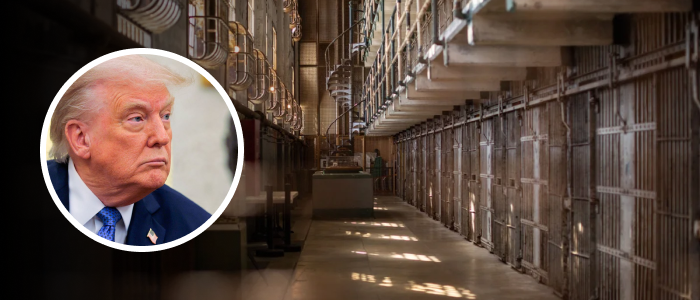The Texas Senate has recently passed a significant bill, known as Senate Bill 22, that proposes allocating $2.5 billion to boost the film and television production industry within the state over the next decade; this move is set to potentially reshape the cinematic and media landscape in Texas, according to KXAN . The "Moving Image Industry Incentive Fund" is at the heart of the bill, filed by Sen.
Joan Huffman, R-Houston, aiming to disburse $500 million every two years until 2035, which towers over the current investment and stands as the largest commitment since the inception of film incentives in the state back in 2007. Under the proposed initiative, the Texas Film Office, which operates under governor's office, would administer grants to film productions that spend a minimum of $250,000 within the state, and tweaks to current residency requirements for grant eligibility have also been tabled, lowering the bar from 55% of crew base to 35% for the next two years before eventually ramping it up to 50% by 2031, as reported by Texas Scorecard , with Huffman's proposal designed to cater to the changing dynamics and demands of the industry. The bill's support is rooted in economic evidence; Texas Economic Development and Tourism Office’s Executive Director, Adriana Cruz, testified during the hearing of the immense financial return the state has seen from previous investments in media production, estimating that for every dollar awarded in grants, the industry injects $4.

69 back into the Texas economy. Dallas Morgan, an executive producer at Caster Studios, echoed the sentiment, emphasizing the legislative boost will help offset rising production costs and keep local talent close to home, fostering a film industry ecosystem within the state itself. However, concerns have been raised regarding the subjectivity embedded within the bill's criteria for grant approval, a worry voiced by State Sen.
Sarah Eckhardt, D-Austin, who pointed to the bill's clause that could potentially reject projects on the basis that they depict Texas or Texans negatively, or don't align with “family values," this provision has sparked a debate over the ambiguity and interpretation of such values, with concerns that it might wield the incentive as a tool for cultural and narrative gatekeeping turning some heads among the industry insiders and those opposed to the bill. Meanwhile, an amendment was added to SB 22 to offer an extra 2.5% incentive for faith-based productions, an addition that has further divided opinion as those for and against the bill argue its potential impact.
The bill passed the Senate with bipartisan support, reflecting a 23-8 vote, and is now headed to the House and, if successful there, ultimately to the desk of Gov. Greg Abbott for his signature. If enacted, proponents claim it could be a game-changer for the state's media production scene, as Lt.
Gov. Dan Patrick suggested, potentially positioning Texas as a global frontrunner in faith-based media, while simultaneously promoting Texas values and economic growth..
Politics

Texas Senate Approves $2.5 Billion Bill to Supercharge Film Industry, Faces Debate Over Content Criteria

The Texas Senate passed Senate Bill 22 to allocate $2.5 billion over a decade to the state's film and TV industry, aiming to increase local production and economic return.















